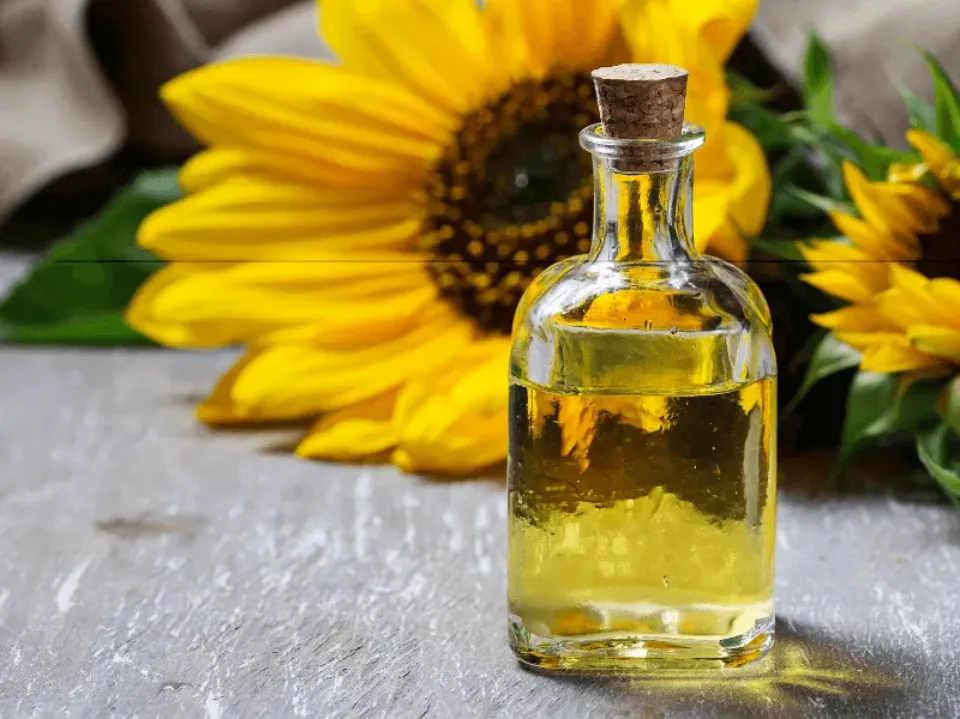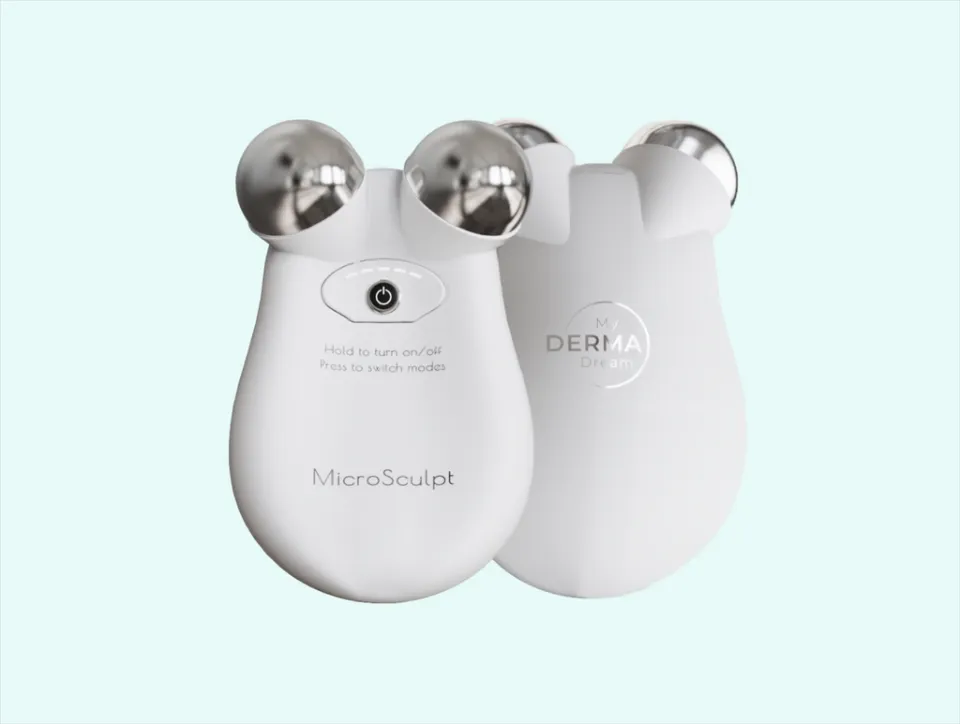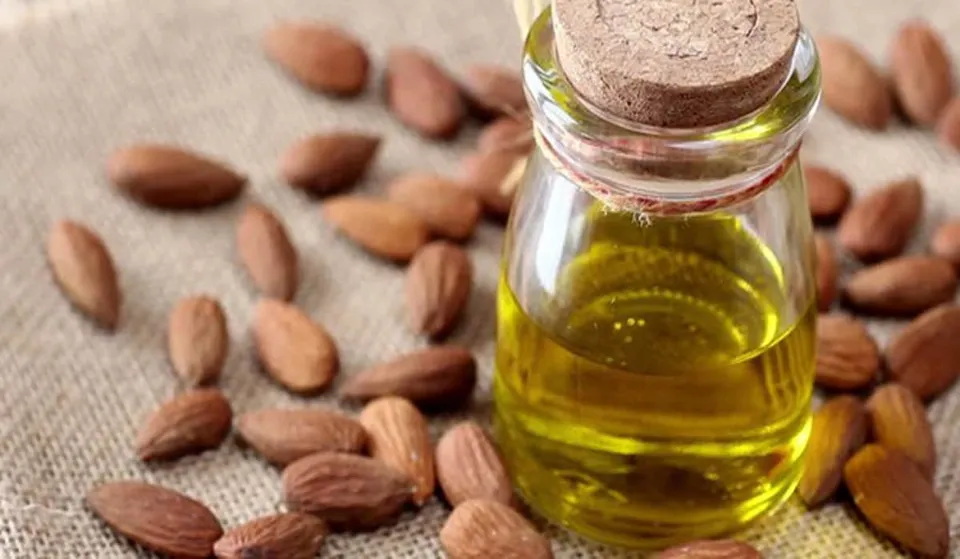More than just the lovely yellow blooms that look lovely in a bouquet, sunflowers have many other uses. Many people may wonder is sunflower oil good for your skin?
Sunflower oil has been used as a natural skin care ingredient for hundreds of years all over the world, and it boasts a plethora of benefits. It encourages younger-looking skin, boosts nourishment, and protects skin against the elements.
Continue reading to learn the benefits of sunflower oil and how to incorporate it into your skincare routine.
What is Sunflower Oil?
Sunflower oil is produced by pressing the seeds of a plant called It contains a lot of linoleic or oleic acid, which the body uses as a source of energy.
There are four different kinds of sunflower oil: high, mid, high linoleic, high stearic, and high oleic. Based on the types of fat they are composed of, they are classified differently. Linoleic acids, for instance, are used to represent polyunsaturated fats.
Oleic acid is used to describe monounsaturated fats. Higher oleic oil concentrations in sunflower oils make them healthier.
Is Sunflower Oil Good for Your Skin?
Yes, the benefits of sunflower oil for skin are numerous.
Sunflower oil for skin is the ideal addition to your routine.
Sunflower oil can hydrate, calm, protect, and soothe your skin in addition to its many other advantages. Additionally, it aids in removing dead skin cells and lessens the visibility of wrinkles.
Related Reading:
- Is Bio Oil Good for Face?
- Is Matcha Good for Your Skin?
- Is Rosehip Oil Good for Face?
- Is Baby Oil Good for Your Face?
- Is Olive Oil Good for Your Face?
10 Reasons to Use Sunflower Oil

Here are 10 main reasons why you should use sunflower oil in your skincare routine.
1. It Hydrates.
Sunflower oil is an emollient, which means it adds hydration and smooths, similar to the skin’s own natural oil, or sebum. This makes it the ideal moisturizer because it aids in skin’s ability to retain water.
2. It’s Rich in Antioxidants.
Vitamin E, a potent antioxidant, is abundant in sunflower oil. Additionally, it contains vitamins A, C, K, and D, which work to fend off the environmental stresses that can speed up aging.
3. It Helps to Unclog Pores.
This silky, nourishing oil is non-comedogenic, which means it won’t clog pores. Sunflower oil can actually help to decongest pores by clearing them of dead skin cells and creating a refreshed, revitalized appearance.
4. It Can Minimize Signs of Aging.
Sunflower oil can lessen the appearance of fine lines and wrinkles due to its moisturizing properties and protective antioxidants. Additionally, it can aid in preventing further harm to your skin.
5. It’s Soothing.
For its capacity to calm irritated skin, sunflower oil is well-known. It offers soft moisture and protection for all skin types.
6. It Can Help Calm Temporary Redness.
Sunflower oil has the ability to temporarily reduce redness in dry or sensitive skin.
7. It Protects the Skin.
Your skin will stay clear and uncontaminated by toxins and dirt thanks to sunflower oil’s protective barrier against environmental stressors.
8. It Can Help Even Out Skin Tone and Texture.
Easily absorbed into the skin, sunflower oil can even out the look of your skin’s surface and even temporarily shrink the appearance of pores.
9. It’s a Natural Botanical Ingredient.
In the garden, everything that is good grows! Sunflower oil has been used for thousands of years and is free of harmful chemicals and toxins.
10. It’s Gentle.
Sunflower oil is perfect for people with sensitive skin or skin that is more mature because it is kind to the skin and has calming properties.
What Are Drawbacks of Sunflower Oil?
Sunflower oil is non-irritating, and typically safe for most skin types.
- Check to see if you are allergic to seeds or nuts first. You might be able to eat sunflower oil that has been highly refined if you have a sunflower seed allergy. Before applying sunflower oil to your skin, consult your doctor if you have any seed or nut allergies. An allergist might recommend a scratch test.
- Those who have allergies to ragweed might not enjoy it. Some people who are allergic to ragweed also happen to be sensitive to or allergic to sunflower oil.
How to Use It Sunflower Oil Good on Skin?
You may be wondering how to apply sunflower oil when using it for your face and skin.
Here are some steps for how to easily incorporate sunflower oil into your daily routine:
- Put a little sunflower oil in your hand. To get the right amount, a tiny eyedropper might be useful.
- Rub the oil into your skin slowly.
- Pay attention to any areas that are dry, irritated, or in need of moisture.
- When you apply the oil to your face, stay away from your eyes.
- Use a warm washcloth to wipe away from your face.
Sunflower oil can be applied alone, or you can combine it with an essential oil if you prefer. This may improve the oil’s skin-benefitting properties and give the mixture a pleasant fragrance.
The Bottom Line: is Sunflower Oil Good for Your Skin
Sunflower oil is a non-comedogenic carrier oil that’s good for any skin type. Possibly the best oil to use on skin is organic, cold-pressed oil.
Consider using sunflower oil for your skincare routine to get natural benefits, such as moisturizing your skin, preventing wrinkles and fighting against harmful toxins.
Choose sunflower oil made with ingredients that were ethically sourced and carefully chosen to improve the quality of your routine!
FAQs
Can I Use Sunflower Oil on My Face Overnight?
For best results, you might leave this on all night.
When to Use Sunflower Oil on Face?
You can use sunflower oil on your face as a moisturizer or pre-cleanser/makeup remover.
Which is Better Sunflower Oil Or Coconut Oil?
Simply put, sunflower oil has more unsaturated fat than coconut oil and less saturated fat (the bad kind).




